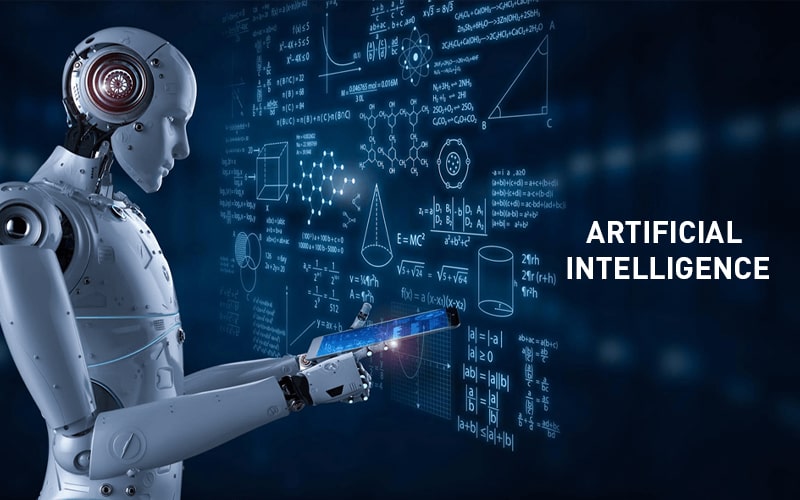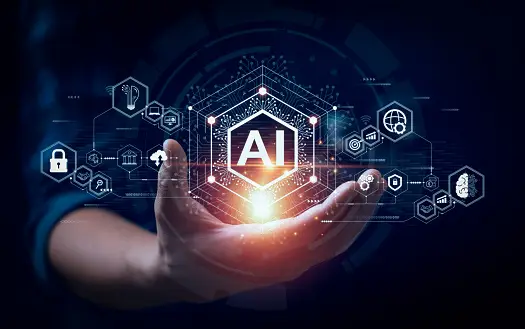Artificial Intelligence (AI) has the potential to bring about significant changes across various aspects of the modern world. Here are some ways AI is expected to transform different fields:
- Automation: AI technologies can automate repetitive and mundane tasks, freeing up human workers to focus on more complex and creative endeavours. This can increase productivity and efficiency in industries such as manufacturing, logistics, customer service, and data entry.
- Healthcare: AI can revolutionize healthcare by enabling faster and more accurate diagnoses. Machine learning algorithms can analyze large amounts of medical data, including symptoms, patient records, and medical images, to assist doctors in making better treatment decisions. AI-powered robots can also assist in surgeries and provide care for the elderly or disabled.
- Transportation: AI is poised to transform transportation with the development of autonomous vehicles. Self-driving cars can enhance road safety, reduce traffic congestion, and improve fuel efficiency. AI algorithms can optimize routes for logistics and delivery services, leading to cost savings and improved efficiency.
- Personalized services: AI algorithms can analyze vast amounts of data about individuals' preferences, behaviour, and habits to offer personalized recommendations and services. This is already evident in personalized advertising, entertainment recommendations, and virtual assistants like Siri and Alexa.
- Finance: AI is being applied in the financial sector to detect fraud, predict market trends, and automate financial processes. Machine learning algorithms can analyze large volumes of financial data in real-time, helping financial institutions make informed decisions and manage risks effectively.
- Education: AI has the potential to transform education by providing personalized learning experiences. Adaptive learning platforms can assess individual students' strengths and weaknesses, tailoring educational content accordingly. AI-powered chatbots can provide instant help and tutoring to students, increasing accessibility to education.
- Cybersecurity: AI algorithms can help identify and respond to cyber threats more effectively. By analyzing patterns and anomalies in network traffic, AI systems can detect and mitigate attacks in real-time, enhancing overall cybersecurity.
- Agriculture: AI can optimize farming practices by analyzing data on soil conditions, weather patterns, and crop health. This enables farmers to make data-driven decisions regarding planting, irrigation, and pest control, leading to increased yields and reduced environmental impact.
- Energy: AI can improve energy management and efficiency. Smart grids can leverage AI to optimize energy distribution and consumption, reducing waste and costs. AI algorithms can also optimize energy generation from renewable sources, making them more reliable and efficient.
- Creative industries: AI is being used in creative fields such as art, music, and writing. AI algorithms can generate art, compose music, and even write articles or stories. While the impact on creativity and human expression is a subject of debate, AI tools can augment human creativity and streamline creative workflows.
It's important to note that while AI offers immense potential, it also raises ethical considerations, such as job displacement, privacy concerns, algorithmic bias, and the responsibility of AI systems. Striking a balance between technological progress and ethical implementation will be crucial to harnessing the full benefits of AI in the modern world.






0 Comments